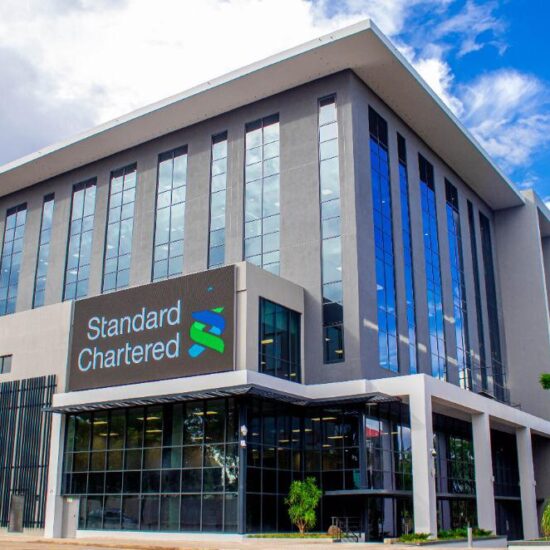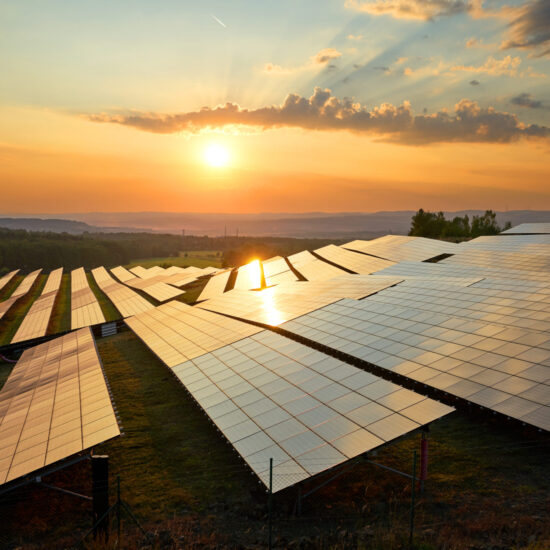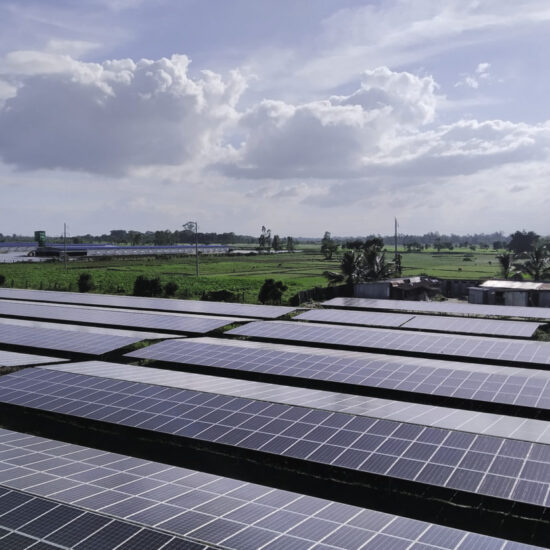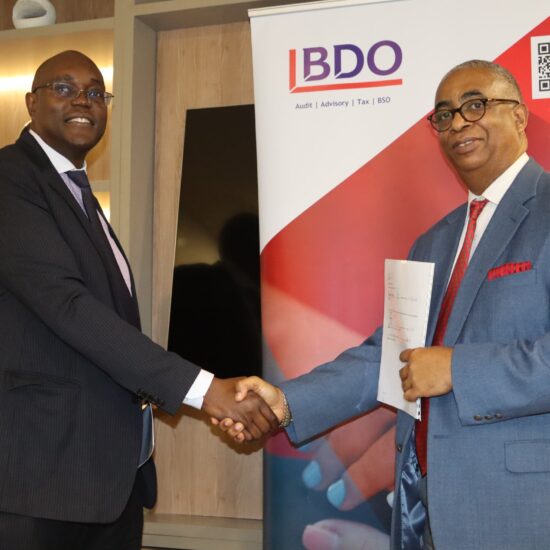
Amid the concerns about the impact of the 21hrs load-shedding on various sectors of the economy and the daily lives of citizens, the Zambian government has been challenged to clearly indicate if they have abandoned the two major solar projects which have great potential to cut the current electricity deficit.
President Hakainde Hichilema in May 2024 announced the signing of a 1000 MW power purchase agreement (PPA) between Canadian renewable energy company, SkyPower Global, and Zambia’s state-owned utility Zambia Electricity Supply Corporation (ZESCO) about a year after Zesco signed an agreement with the United Arab Emirates renewable energy company Masdar in 2023 to develop a 2, 000 solar project worth $2 billion.
Speaking in an exclusive interview with the Zambian Business Times – ZBT, Renewable energy and climate finance, Expert Susiku I. Nasinda, has challenged government to provide clear updates on the 2000MW Masdar deal and the recently announced 1000MW Skypower solar project which bring the generation capacity to 3000MW.
“There are two pronouncements that were made regarding solar developments, first of all there was a 2, 000 Masdar which was done in the first quarter of 2023 and earlier this year, there is another pronouncement which was made by the President Hakainde Hichilema regarding Skypower where he talked about 1, 000 MW.”
“The fact that we have not seen the actualization of these projects, it means that there could be some underlying factors which we are not preview to and are preventing these projects from coming to fruition.”
He added that “As you may be aware for a joint development to take place, two parties are involved so there is a lot of background work that needs to happen because these are major projects, the Masdar is $2 billion and for you to raise that much am sure ZESCO should have put in some equity or investment as well, it could be land it could be money, so did we raise that which was required and did we meet the conditions required for us to go into a joint agreement so those are critical things but I may not have facts because information released to the public has been scant.”
Zambia’s electricity deficit has deepened with the national average peak demand remaining at 2,400 megawatts, resulting in a power deficit of 1,510 megawatts while the total current import of a total of 496 megawatts of power from the region, leaving a net deficit of 1014MW, According to the Energy Minister Makozo Chikote.
Solar Energy is however seen as the best alternative for Zambia during this power crisis. Efforts however to get a comment from the Ministry in charge have proved futile by press time.







